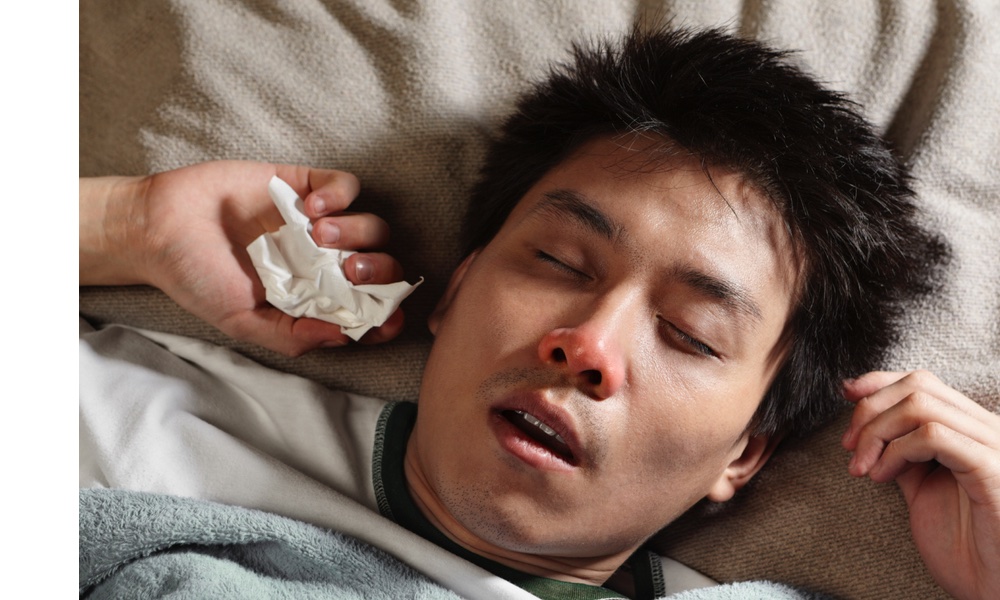“Low T” is the unscientific term often used to describe the drop in energy, strength, and sex drive that occurs in middle-aged men. These changes are usually attributed to declines in testosterone levels, and decreased levels have also been linked to lower sperm production and male infertility.
But while this still remains the case, scientists suspect a new culprit may also explain how aging shapes male behavior. And the new culprit is an unlikely hormone: estrogen.
Estrogen plays a pivotal role in fat accumulation, and works in tandem with testosterone in regulating sexual function and desire.
Declining estrogen levels have been causally linked to menopause in women. Much less is known about the hormone’s role in men, but it is present in sufficient quantity to exert some influence. For example, estrogens are active in bone formation in men as well as women.
Researchers at Massachusetts General Hospital in Boston attempted to do just that. Half the men aged 20 to 50 enrolled in their study were given testosterone at four different doses or a Placebo. A second group was given testosterone plus an aromatase inhibitor – a drug that blocked the conversion of testosterone to estrogen.
During the study, all participants received monthly physical evaluations involving blood tests and questionnaires that documented their overall health and sexual function.
Even in men who received low levels of testosterone, decreases in body mass, leg strength and sexual desire were quite low. In participants who received the aromatase inhibitor, which suppressed estrogen production, adverse effects on sexual function and desire were much more obvious – regardless of what dose of testosterone they received.
The men who received the estrogen blocker also exhibited an increase in fat accumulation, but did not show any significant difference in body mass.
“The biggest surprise was that some of the symptoms routinely attributed to testosterone deficiency are actually partially or almost exclusively caused by the decline in estrogens,” Joel Finkelstein, associate professor of Medicine at Harvard Medical School and corresponding author of the study said in a statement.
Since sexual dysfunction is a common ailment in the elderly population, the researchers hope to conduct a follow-up study with older patients in the near future.
While the results of the study suggest low testosterone levels are detrimental to men’s overall health, doctors do not prescribe hormone replacement therapy for everyone. Instead, eligibility is carefully assessed based on patients’ overall symptoms.
This is especially significant in light of recent results from the Women’s Health Initiative that documented negative results of estrogen replacement therapy such as increased risk of blood clots.
This study is published in the New England Journal of Medicine.




